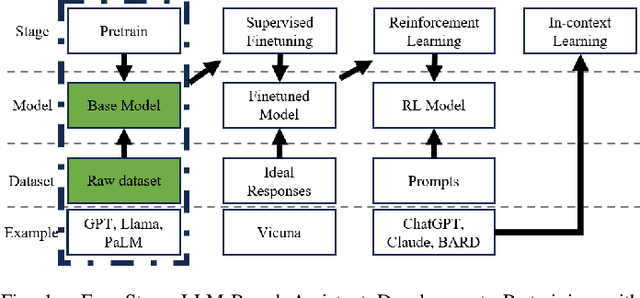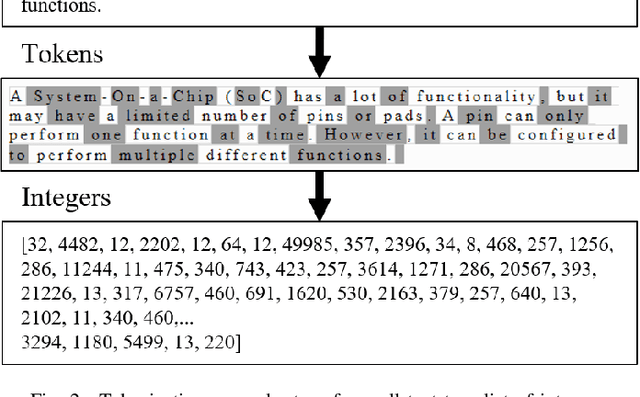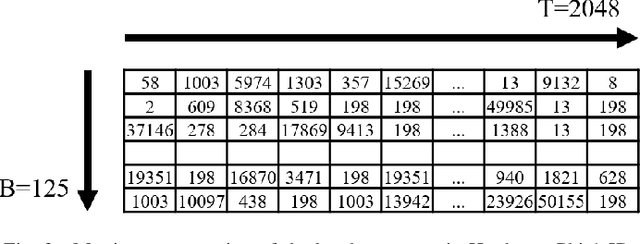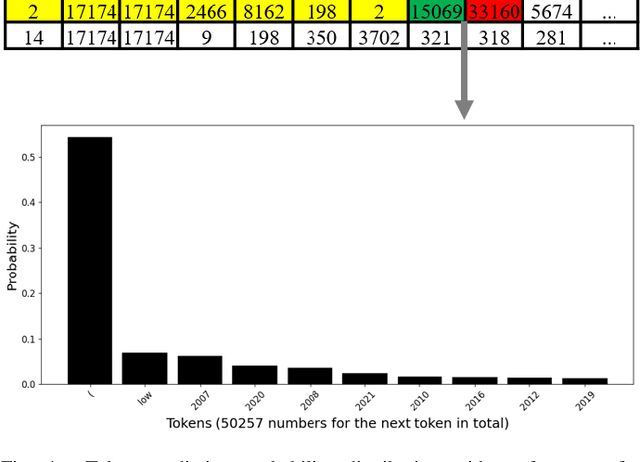Kaichen Yang
LLM4SecHW: Leveraging Domain Specific Large Language Model for Hardware Debugging
Jan 28, 2024


Abstract:This paper presents LLM4SecHW, a novel framework for hardware debugging that leverages domain specific Large Language Model (LLM). Despite the success of LLMs in automating various software development tasks, their application in the hardware security domain has been limited due to the constraints of commercial LLMs and the scarcity of domain specific data. To address these challenges, we propose a unique approach to compile a dataset of open source hardware design defects and their remediation steps, utilizing version control data. This dataset provides a substantial foundation for training machine learning models for hardware. LLM4SecHW employs fine tuning of medium sized LLMs based on this dataset, enabling the identification and rectification of bugs in hardware designs. This pioneering approach offers a reference workflow for the application of fine tuning domain specific LLMs in other research areas. We evaluate the performance of our proposed system on various open source hardware designs, demonstrating its efficacy in accurately identifying and correcting defects. Our work brings a new perspective on automating the quality control process in hardware design.
* 6 pages. 1 figure
Hardware Phi-1.5B: A Large Language Model Encodes Hardware Domain Specific Knowledge
Jan 27, 2024



Abstract:In the rapidly evolving semiconductor industry, where research, design, verification, and manufacturing are intricately linked, the potential of Large Language Models to revolutionize hardware design and security verification is immense. The primary challenge, however, lies in the complexity of hardware specific issues that are not adequately addressed by the natural language or software code knowledge typically acquired during the pretraining stage. Additionally, the scarcity of datasets specific to the hardware domain poses a significant hurdle in developing a foundational model. Addressing these challenges, this paper introduces Hardware Phi 1.5B, an innovative large language model specifically tailored for the hardware domain of the semiconductor industry. We have developed a specialized, tiered dataset comprising small, medium, and large subsets and focused our efforts on pretraining using the medium dataset. This approach harnesses the compact yet efficient architecture of the Phi 1.5B model. The creation of this first pretrained, hardware domain specific large language model marks a significant advancement, offering improved performance in hardware design and verification tasks and illustrating a promising path forward for AI applications in the semiconductor sector.
* 6 pages, 6 figures
 Add to Chrome
Add to Chrome Add to Firefox
Add to Firefox Add to Edge
Add to Edge